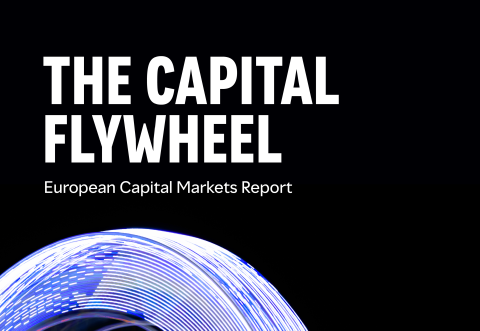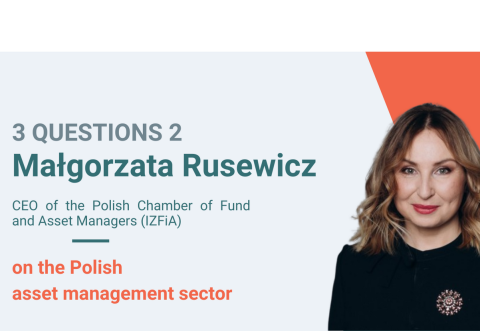The European Banking Federation (EBF), the European Fund and Asset Management Association (EFAMA), and the Federation of European Securities Exchanges (FESE) have released a joint report on the development of European capital markets and recommendations to enhance their competitiveness.
Retirement savings
With European government no longer able to provide financial security to support citizens in later years, saving for retirement is key. Individuals need to save enough for retirement to ensure adequate income in old age.
EFAMA helps by raising awareness of the importance of saving for retirement and encouraging European authorities to further modernise relevant EU legislation. This includes strengthening competition in the occupational and personal pension markets, and fostering cross-border activities of pension providers and asset managers. Such legislation should seek to create economies of scale, to benefit savers.
EFAMA is a co-initiator of the European Retirement Week.

























































